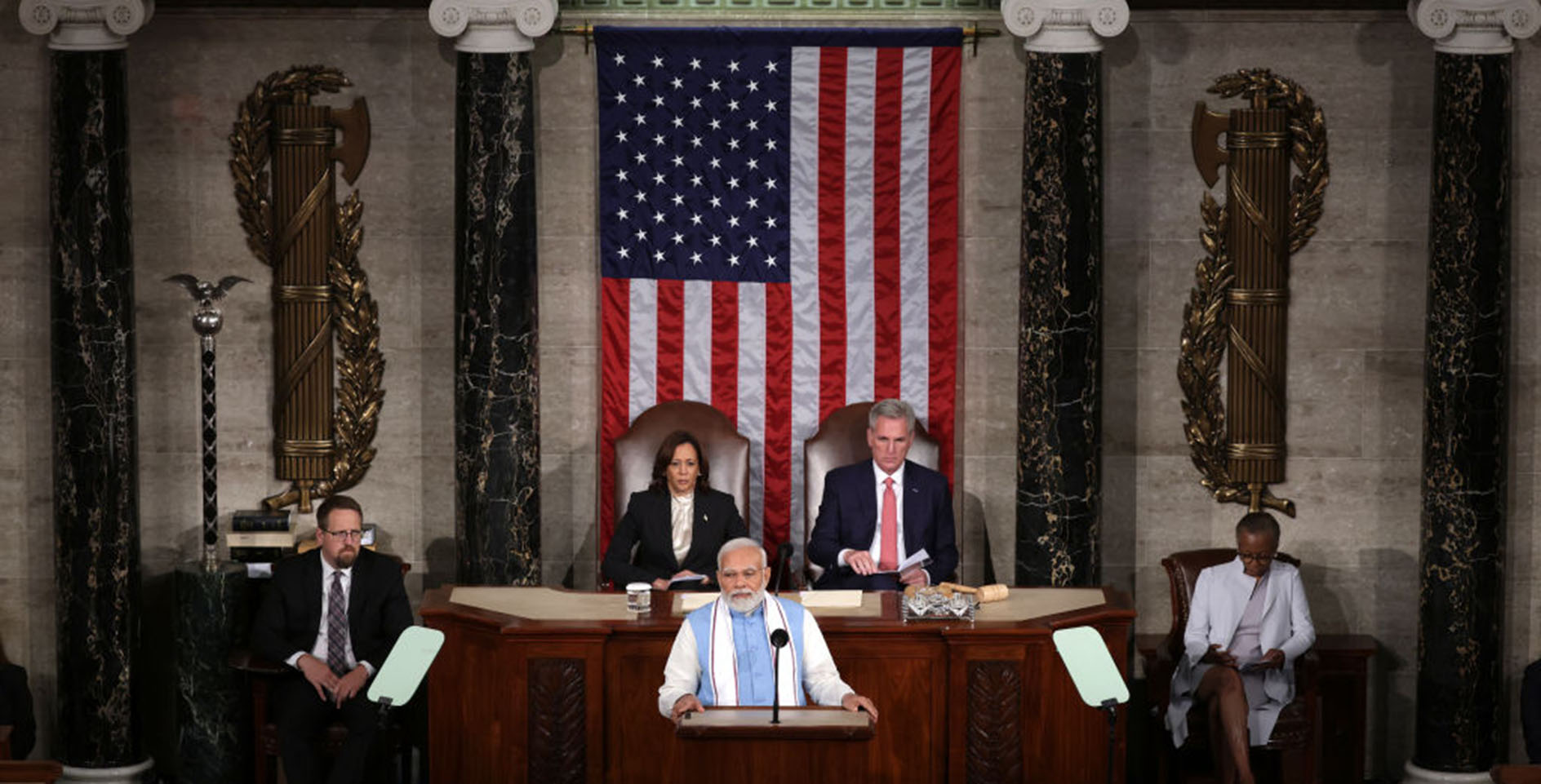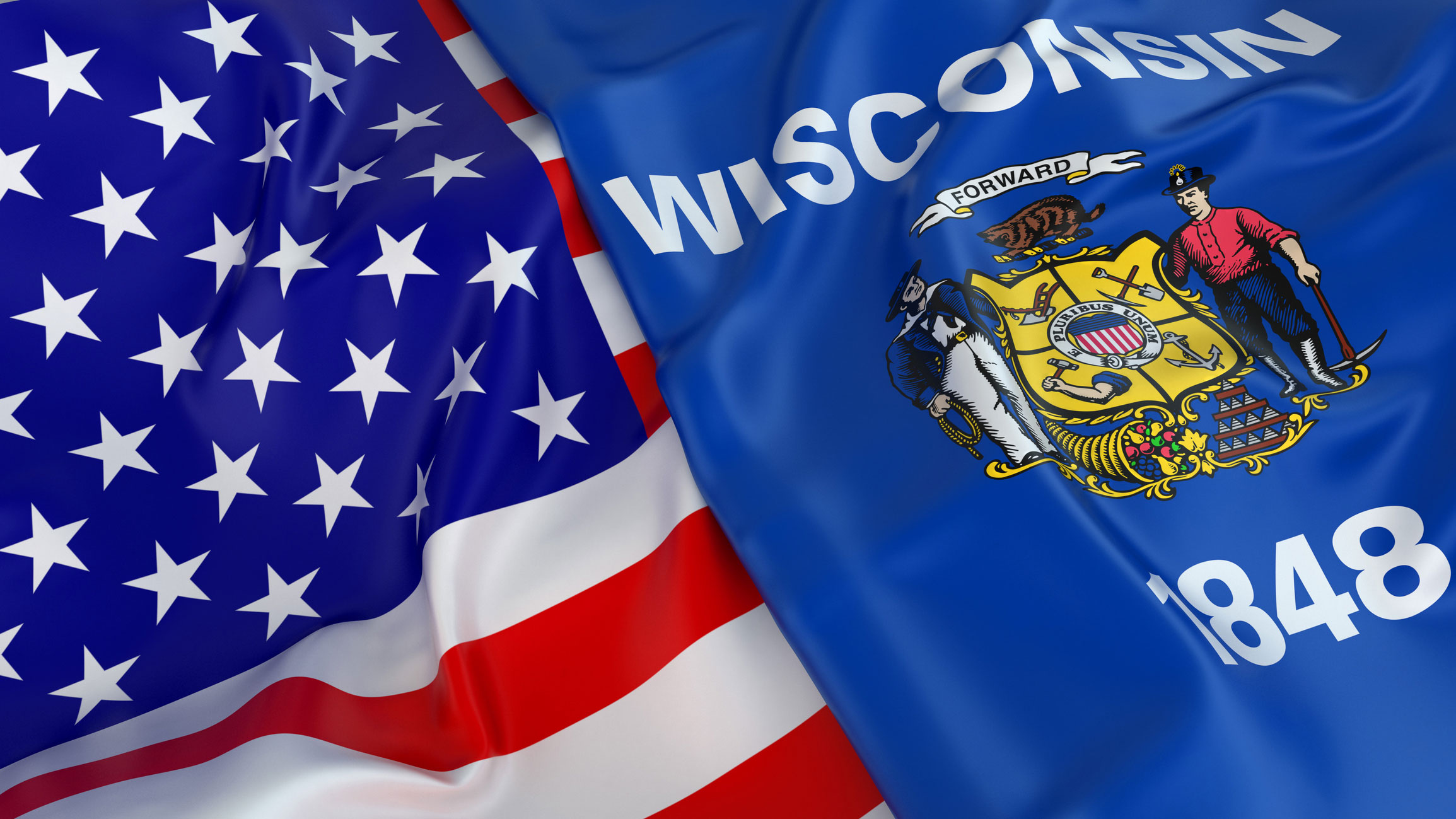The Christian faith has always recognized the importance of the ritual of burial. From a story that begins in a borrowed tomb for a man too poor to buy his own, includes the cemeteries which dot the landscape of churchyards, and culminates in the promise that one day those graveyards will be the place where the redeemed are raised to new life, Christianity has always understood that how we treat the body after death is just as important as what we do in life. Even our liturgy is peppered with the language of burial: “buried with him in baptism and raised to walk in newness of life.”
That is why the case of Stafford County in Virginia restrictions on the constructions of a burial ground are so egregious. Recently the Department of Justice filed a lawsuit alleging that the county had imposed overly onerous restrictions on the zoning and construction of a new cemetery for the All Muslim Association of America (AMAA), which provides a low-cost burial place for poor Muslims in the Virginia and Washington, D.C., area. Both the DOJ and the AMAA argue that this represents a violation of the rights of the group to exercise their faith. Christians, even though we do not share the same beliefs, should reject any overt restriction on the ability of religious groups to provide burial space for their faithful. As people who worship a man given a tomb because of his poverty, this case should move all of us to defend the right of the AMAA to provide for the poorer members of their faith.
Background
The All Muslim Association of America provides burial space so that Muslims who are unable to afford a spot in other places can still be buried in accordance to the Muslim faith. When their current space began to fill up, they purchased an additional 25 acres, which at the time of the purchase met all the local and state requirements to be zoned for a cemetery. However, after learning that the group wished to turn it into a cemetery, the county changed the local ordinances.
According to the lawsuit filed by the DOJ, the county made the zoning restrictions more burdensome, all while providing an exemption only for “churchyards,” setting a clear preference for churches over other faiths. The most onerous is that any land to be used for a cemetery must be more than 900 feet from a body of water that empties into the water table or from a personal well. The state only requires 100 feet of distance. All of the purchased land would violate the new limit set by the county because it lies next to a stream and lake. Further, the county made the process for receiving the permits more complicated and expensive following the petition by the AMAA to build the cemetery.
These actions are, according to the DOJ, a violation of the Religious Land Use and Institutionalized Persons Act of 2000 and impede the free exercise of the religion of the AMAA. Also, the suit acknowledges that the requirements provide no additional health benefits over the state’s regulations. What they do is succeed in preventing the group from exercising its faith and allowing its members to be buried in accordance with their conscience. However, even if there were health benefits, one would wonder why it is acceptable for the body of a person buried under the symbol of a cross to contaminate the drinking water, but not of someone buried under a crescent moon. It is clear that this is a violation of the rights of Muslims to allow their life and death to be governed by their faith.
Religious liberty for the living and the dead
For all people, this case should cause us to fight for the preservation of religious liberty, not just for the living but for the dead. While we often think of religious liberty as the ability to live out our faith, it also includes the right to die under the tenets of that faith. For minority religious groups especially, for whom their religion is arguably a more important marker of their identity, the right to be buried in a manner that agrees with their conscience is essential.
The rituals that surround death and burial flow out of our deepest convictions about life, reality, and spirituality. Christians have historically believed that the body should be treated with reverence and buried because we believe that we will be resurrected to bodily form in the future. The practices of an Islamic burial are no less tied to their view of reality. The ceremonial washing and quick burial speak to their religious belief in the importance of the body and need for ritual purity. For both traditions, how the dead are treated is a direct result of the belief about humanity’s place in the world. How we speak of the dead, how we memorialize those who have died, and what we do in the final moments of life reveal what we believe about life in the present and the future, in the physical and spiritual realm.
John Leland, the early American Baptist leader for whom our Washington, D.C., office is named, argued that the state will not answer for religious beliefs after death, so it should not limit their expression in life. To this, we can add that the government should not limit their expression after death, either by the individual or by those who love them.
Though some may argue that the manner of burial is a trivial matter, Christians of all people should recognize that this is a matter of the utmost importance. As people for whom burial is a symbol, and promise, of a future resurrection, we know the importance of the rituals surrounding death. And so, though we may not share the same theological beliefs as this group, we recognize that the choice of how to be buried is a matter of the utmost importance. And because we believe that all individuals, regardless of religious beliefs, share in the image of God, we must defend their right to live in accordance with conscience for they alone will give an answer for their lives, not the county commissioner, state officials, or the federal government. Because of this, we must defend the rights of all people to live, die, and be buried in accordance with conscience.










